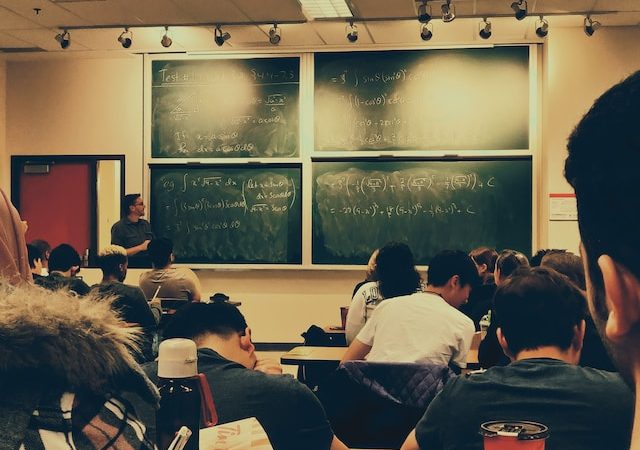Introduction: In a move that has sparked intense debate, Florida’s rejection of social studies textbooks has thrust the state into a clash of ideologies. The decision to reject these materials has compelled educators and curriculum developers to make significant adjustments to the content, provoking questions about the role of political influence in shaping education.
Introduction:
In a move that has sparked intense debate, Florida’s rejection of social studies textbooks has thrust the state into a clash of ideologies. The decision to reject these materials has compelled educators and curriculum developers to make significant adjustments to the content, provoking questions about the role of political influence in shaping education. This article delves into the reasons behind Florida’s rejection, explores the resulting content adjustments, and examines the broader implications for academic freedom and the state’s educational landscape.
1. Unveiling the Rejection: Understanding Florida’s Stance
Florida’s rejection of social studies textbooks comes amidst concerns over perceived biases and ideological influences present in educational materials. Supporters of the decision argue that it is essential to ensure an unbiased and balanced curriculum for students. Critics, however, express concerns about potential censorship and the exclusion of certain historical perspectives.
2. Adjusting the Narrative: Content Modifications in the Wake of Rejection
The rejection of social studies textbooks has necessitated significant adjustments to the curriculum. Educators and curriculum developers are now tasked with revising existing content to address perceived biases and incorporate a more comprehensive range of perspectives. These adjustments aim to provide students with a more nuanced understanding of history, fostering critical thinking and a broader worldview.
3. Ideological Influences: Navigating the Clash
The clash of ideologies becomes evident as different factions weigh in on the rejection of social studies textbooks. Political and interest groups, as well as educators and scholars, offer diverse perspectives on the appropriateness of the adjustments being made. This clash raises questions about the role of ideology in shaping education and the potential impact on students’ understanding of historical events and societal dynamics.
4. Academic Freedom vs. Political Interference
The rejection of social studies textbooks in Florida raises concerns about academic freedom and the influence of political agendas on educational content. Critics argue that such decisions limit intellectual freedom and hinder the pursuit of knowledge, while proponents maintain that it ensures a more objective and balanced education. The balance between allowing diverse viewpoints and avoiding ideological control becomes a crucial consideration.
5. Shaping the Future: Implications for Education in Florida
The rejection of social studies textbooks and subsequent content adjustments have far-reaching implications for education in Florida. Students will encounter a revised curriculum that may offer a more diverse range of perspectives but also potentially limit exposure to certain viewpoints. The impact on critical thinking skills, understanding of history, and the ability to engage with differing perspectives is yet to be fully understood.
Conclusion:
Florida’s rejection of social studies textbooks has sparked a clash of ideologies, forcing content adjustments in the state’s curriculum. This clash highlights the delicate balance between addressing biases and maintaining academic freedom. As educators and curriculum developers navigate this landscape, they must strive to ensure an inclusive, unbiased, and intellectually stimulating educational experience for students. The outcome of this clash will not only shape the future of education in Florida but also serve as a reflection of the broader tensions surrounding ideological influences in educational systems across the country.

















Leave a Comment
Your email address will not be published. Required fields are marked with *